Why does India have so many train crashes?
The deadly Odisha crash is the latest in a string of rail accidents in the country

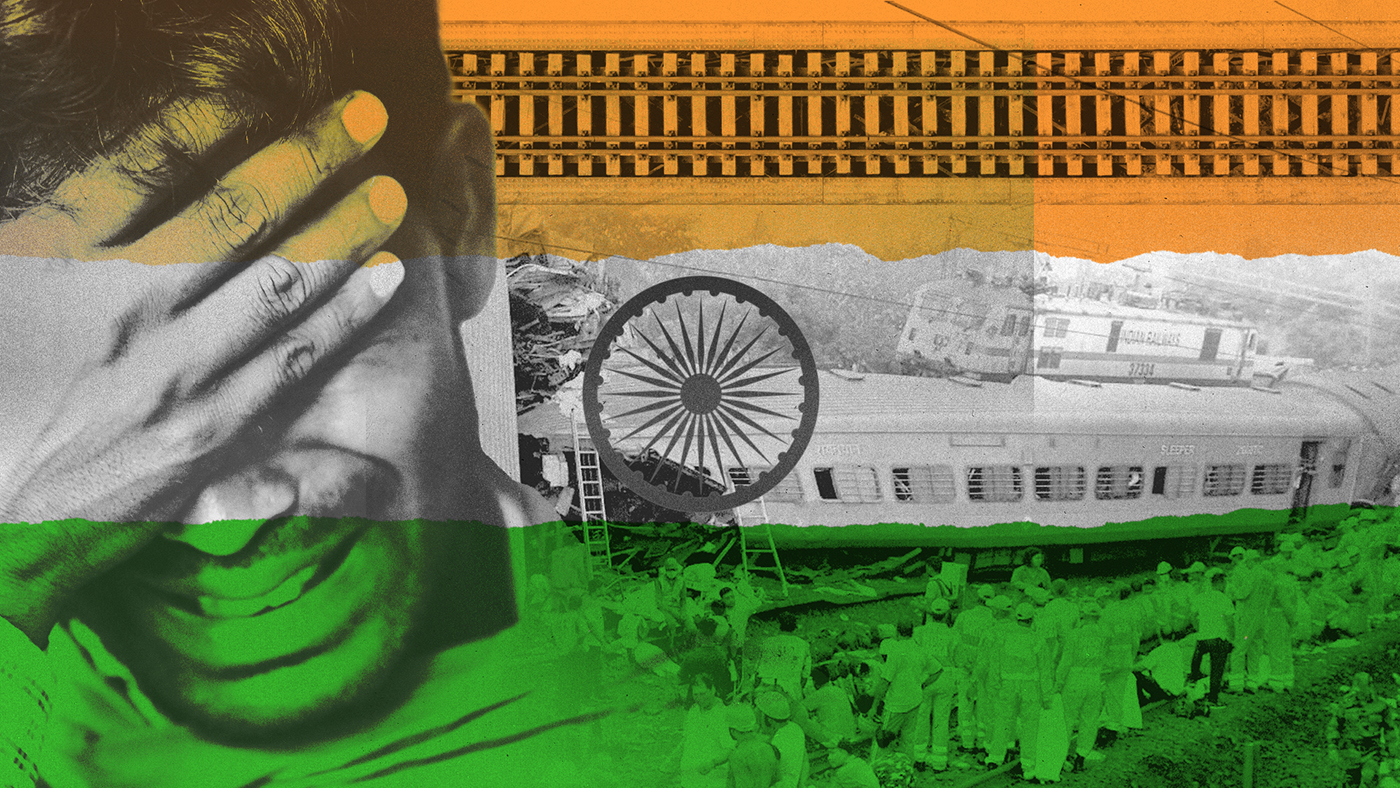
A free daily email with the biggest news stories of the day – and the best features from TheWeek.com
You are now subscribed
Your newsletter sign-up was successful
India was stricken by a three-way train crash in the state of Odisha that killed nearly 300 people and injured more than 1,000. The accident, which investigators blamed on a faulty train signal, was one of the deadliest rail disasters in the country's history. Rescue workers and first responders described scenes of chaos as they searched through derailed train cars filled with dead bodies.
While Indian Prime Minister Narendra Modi has pledged to hold those responsible for the crash accountable, the Odisha accident is the latest in a neverending series of train accidents in India. In 2021, more than 16,000 people were killed in nearly 18,000 rail accidents across India, CNN reported. The deadliest accident is believed to have occurred in 1981, when a train plunged off a bridge in Bihar state, killing an estimated 800 people.
So why does India have so many rail accidents? The country has grappled with staggering death tolls from trains, and "despite government efforts to improve rail safety, several hundred accidents happen annually on India's railways," The Associated Press reported. Unless safety improvements are implemented nationwide, accidents are likely to continue, given that "trains remain an essential lifeline in India … carrying approximately 13 million passengers a day for work, family and leisure on trains that weave across 40,000 miles of track," The Guardian reported.
The Week
Escape your echo chamber. Get the facts behind the news, plus analysis from multiple perspectives.

Sign up for The Week's Free Newsletters
From our morning news briefing to a weekly Good News Newsletter, get the best of The Week delivered directly to your inbox.
From our morning news briefing to a weekly Good News Newsletter, get the best of The Week delivered directly to your inbox.
What are commentators saying?
Many train disasters in India are caused by derailments, with a government safety report from 2020 finding they were responsible for 70% of train crashes in the country. Part of the problem is India's sweltering heat, as "railway tracks undergo expansion during the summer months and contraction in winter due to the fluctuations in temperature," Soutik Biswas reported for BBC News. As a result, Indian railway tracks require constant inspection. This includes evaluations of "the structural and geometrical integrity of tracks … at least once every three months," he added.
Due to the large scope of the railway system in India, though, there are often shortfalls in these inspections, according to Biswas. A federal audit from 2017 found deficiencies "ranging from 30% to 100% in inspections." There have been talks of installing anti-collision devices on Indian trains, Biswas noted, but "the system is now only being installed on two major routes — between Delhi and Kolkata and between Delhi and Mumbai."
The nation's train system is also very old, built during British colonial rule in the 1870s. "The system is often criticized for being inefficient, overburdened and unsafe" as a result of its age, Juliet Perry and Medhavi Arora wrote for CNN in 2016, following another deadly crash. While there have been some safety enhancements since the 19th century, "the present system has outlived its utility" and needs a "generational change," former Indian rail minister Dinesh Trivedi told CNN.
This antiquated system is often cited as the main reason for India's high crash rate. "Pure operational failures are not uncommon on Indian railways," former railway official Subodh Jain told AFP, per The Japan Times. "Safety mechanisms are now far more robust, but it's a work in progress."
A free daily email with the biggest news stories of the day – and the best features from TheWeek.com
The rails have additionally been hindered by a longstanding lack of funding. The Indian trains system has "suffered from considerable underinvestment during the last years," and "investments in safety have also been insufficient," another former Indian rail minister, Suresh Prabhu, wrote.
What's next?
India has invested significantly in new (and safer) train cars, Alex Travelli reported for The New York Times. Travelli noted that, under Modi, India "has been polishing its long-ramshackle infrastructure as never before, and its railways … have been a prime beneficiary." India's rail budget "is five times as much this year than when [Modi] took office."
However, when it comes to India's already existing rail network, "its purse strings have been much tighter when it comes to ensuring the safety of those already racing along its tracks," Travelli added. There are still significant safety hurdles to overcome. The Indian government has implemented a reform system, including "accounting reforms … an independent regulator … [and] an asset monetization plan," Bibek Debroy reported for The Economic Times. But "given the legacy of decades of lack of reforms, the big-picture reform template cannot be delivered overnight and has to be incremental," Debroy added, and will likely take many more years to implement.
Justin Klawans has worked as a staff writer at The Week since 2022. He began his career covering local news before joining Newsweek as a breaking news reporter, where he wrote about politics, national and global affairs, business, crime, sports, film, television and other news. Justin has also freelanced for outlets including Collider and United Press International.
-
 The EU’s war on fast fashion
The EU’s war on fast fashionIn the Spotlight Bloc launches investigation into Shein over sale of weapons and ‘childlike’ sex dolls, alongside efforts to tax e-commerce giants and combat textile waste
-
 How to Get to Heaven from Belfast: a ‘highly entertaining ride’
How to Get to Heaven from Belfast: a ‘highly entertaining ride’The Week Recommends Mystery-comedy from the creator of Derry Girls should be ‘your new binge-watch’
-
 The 8 best TV shows of the 1960s
The 8 best TV shows of the 1960sThe standout shows of this decade take viewers from outer space to the Wild West
-
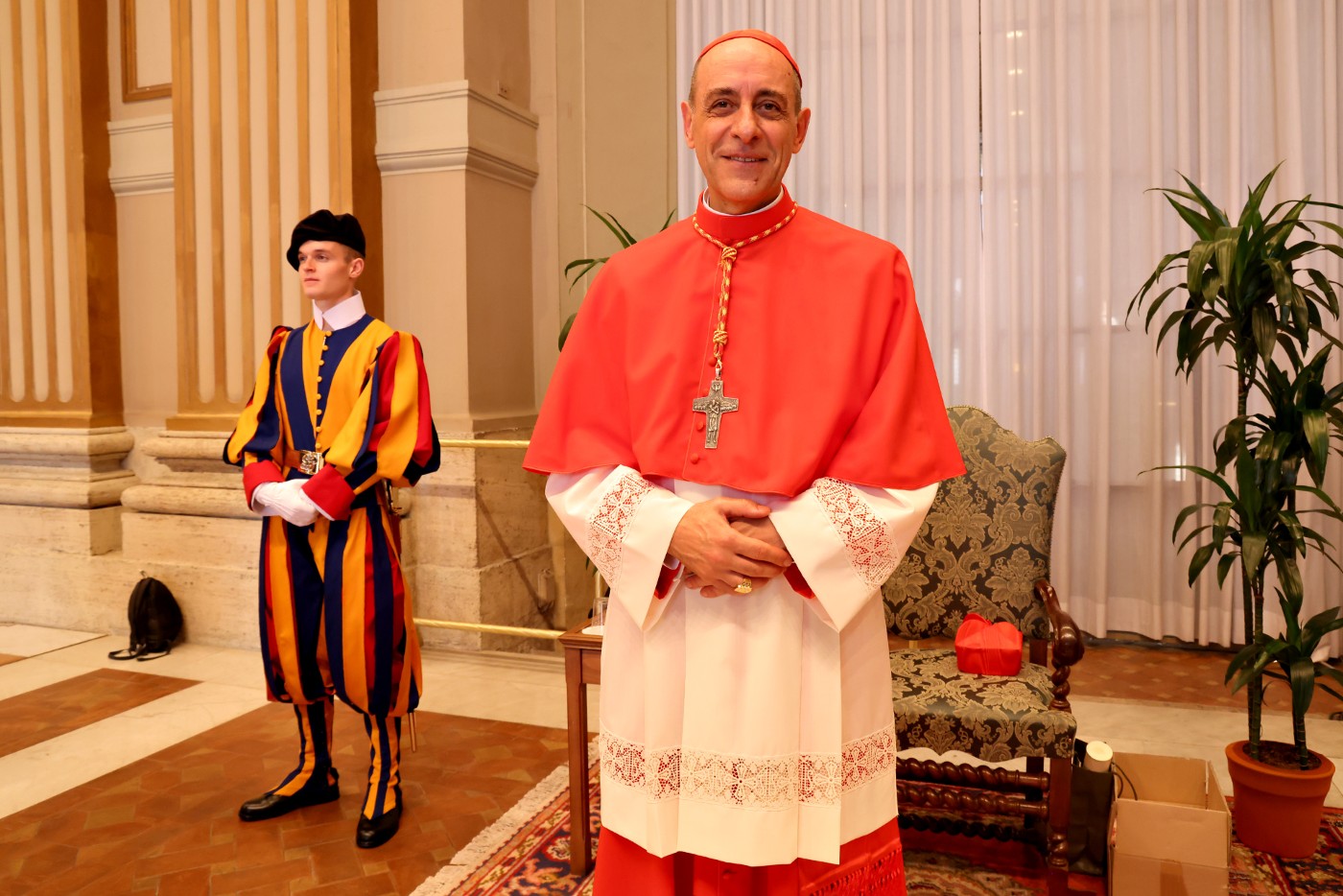 Pope aide under fire for 'mystical orgasms' book
Pope aide under fire for 'mystical orgasms' bookTall Tales And other stories from the stranger side of life
-
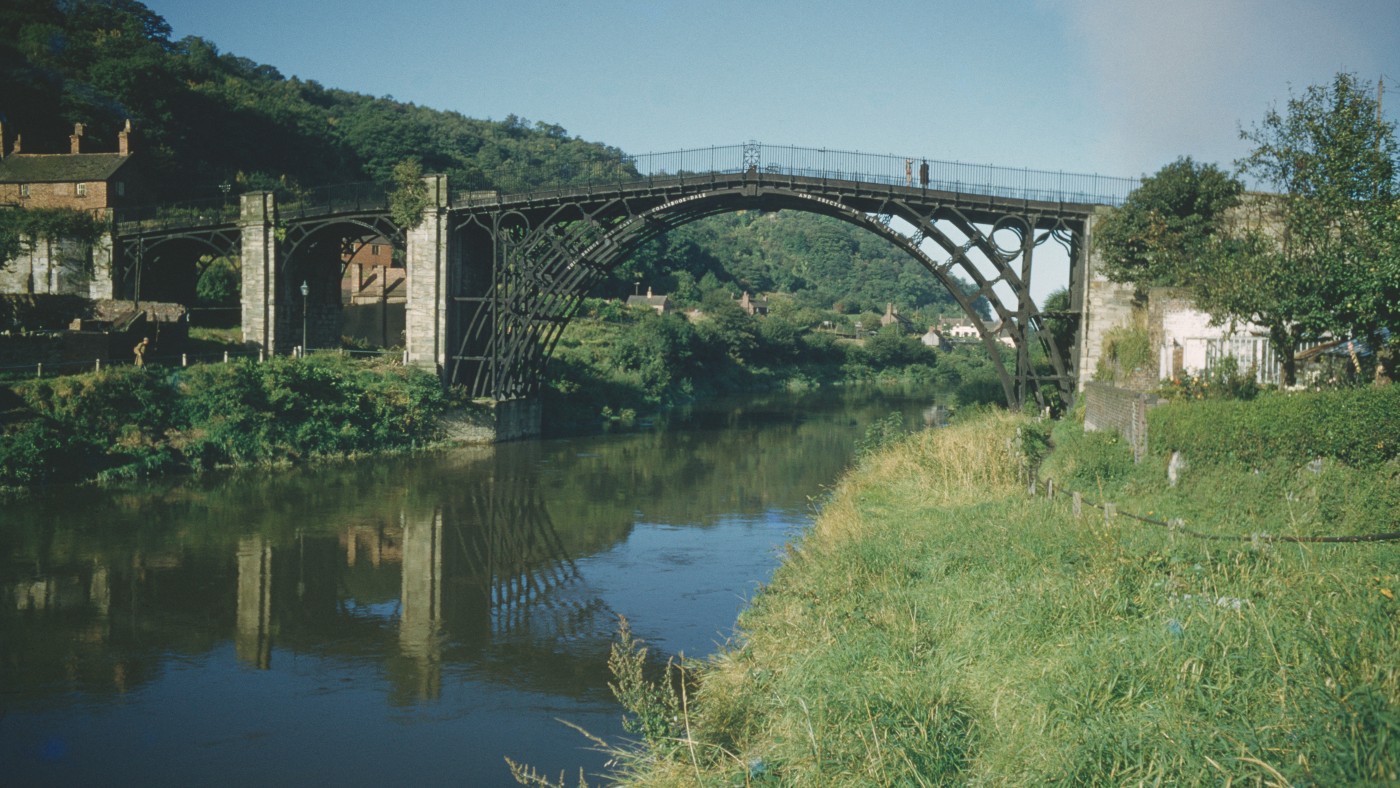 Thieves who stole shopping bag in for big disappointment
Thieves who stole shopping bag in for big disappointmentTall Tales And other stories from the stranger side of life
-
 Woman has one in 50 million pregnancy
Woman has one in 50 million pregnancyTall Tales And other stories from the stranger side of life
-
 The spiralling global rice crisis
The spiralling global rice crisisfeature India’s decision to ban exports is starting to have a domino effect around the world
-
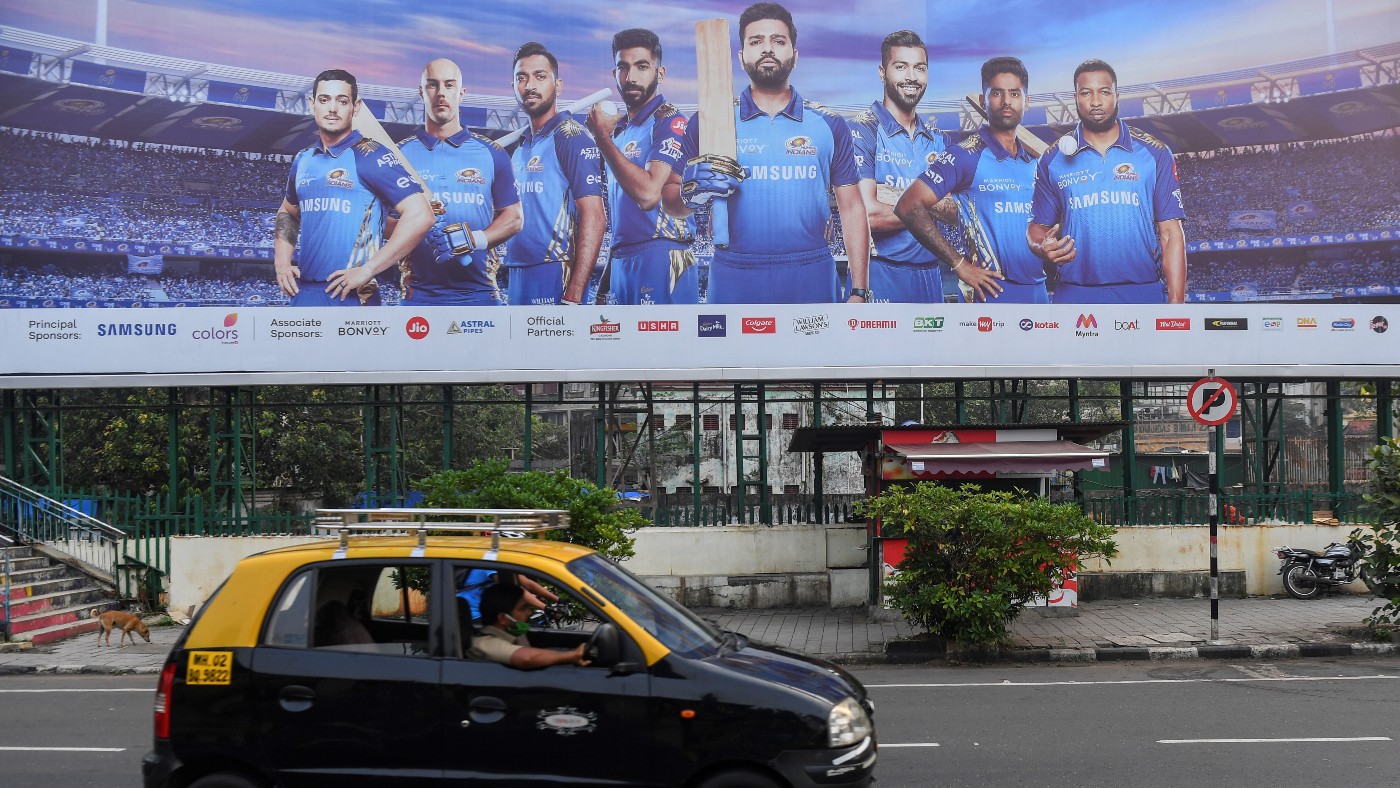 The sinister side to India’s fantasy gaming craze
The sinister side to India’s fantasy gaming crazefeature Fantasy gaming is booming in India, despite the country's ban on gambling
-
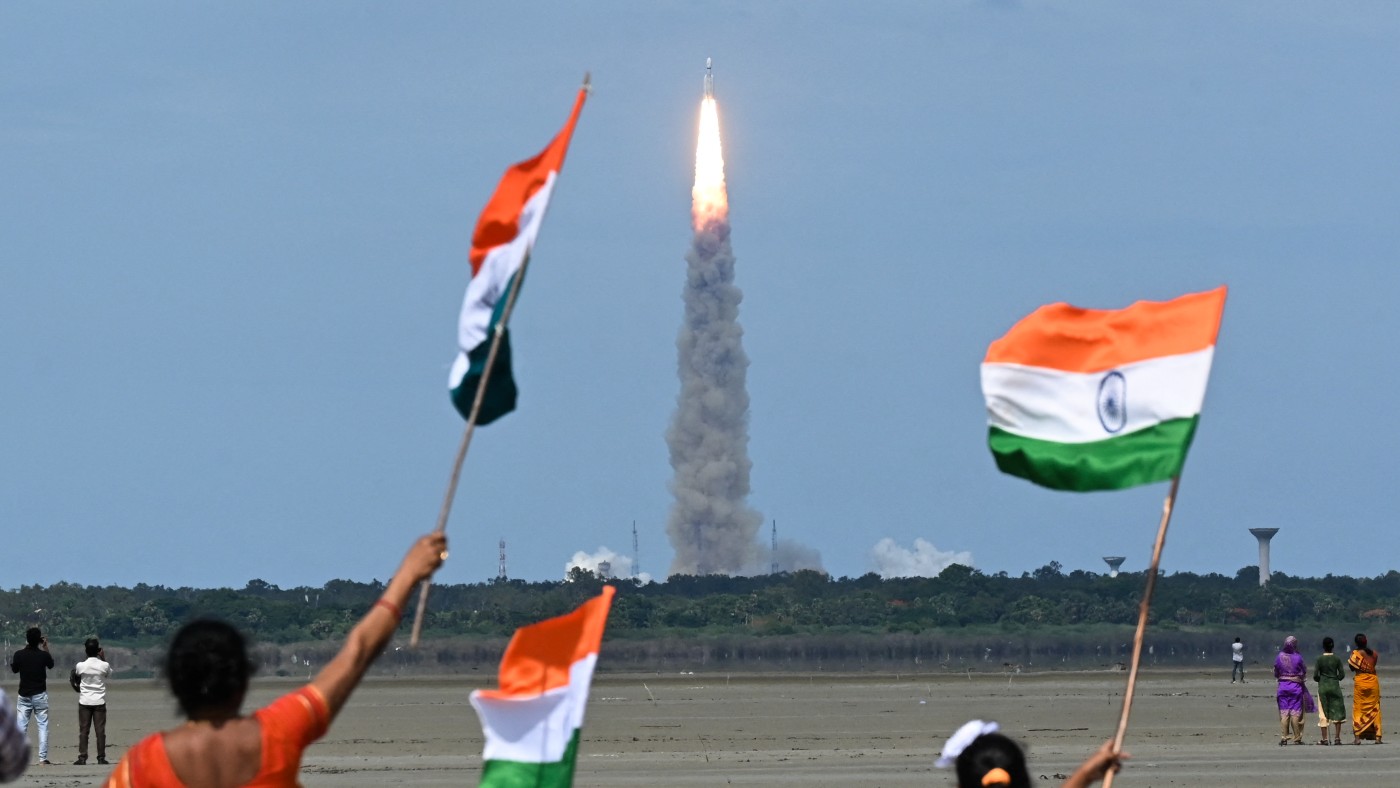 India hoping to be fourth country to reach Moon after Chandrayaan-3 launch
India hoping to be fourth country to reach Moon after Chandrayaan-3 launchSpeed Read Rocket aiming to set its lander Vikram down near Moon’s little-explored south pole
-
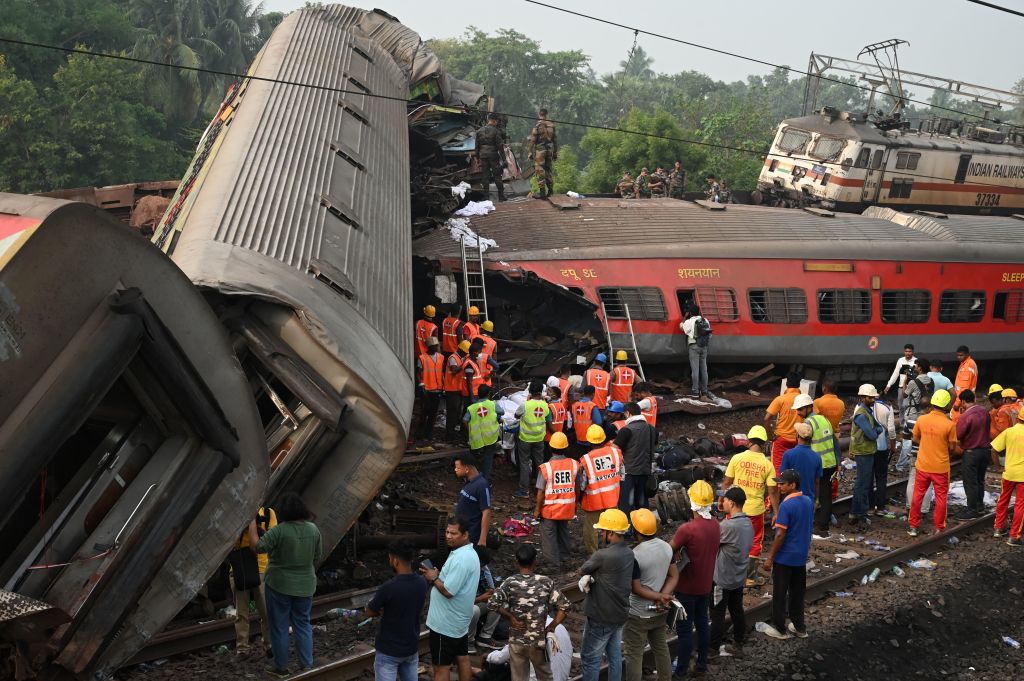 More than 260 killed and 900 injured in Indian train crash
More than 260 killed and 900 injured in Indian train crashSpeed Read
-
 ‘Russian spy’ whale reappears
‘Russian spy’ whale reappearsfeature And other stories from the stranger side of life
